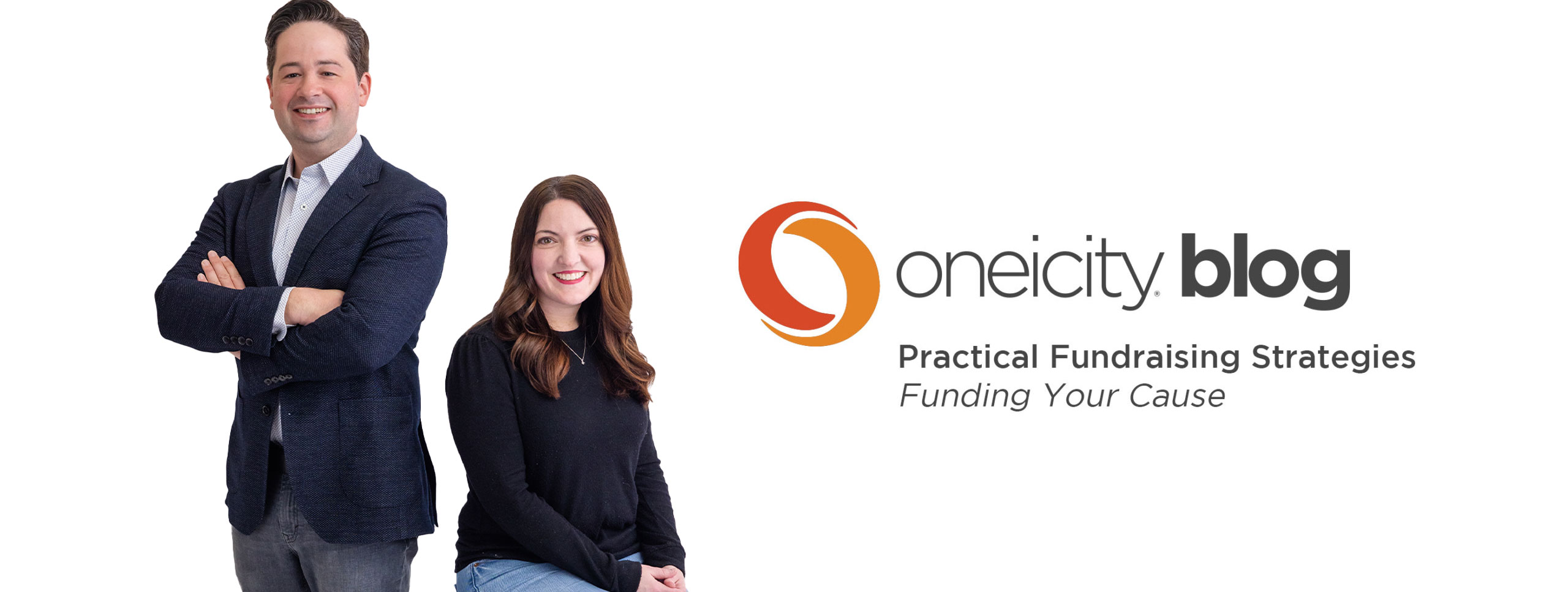I read “The Plague” by Camus in college. OK, “read” is generous. Scanned it for the test is more likely. I hadn’t thought about the book since until I saw this quote in an article about the COVID-19/coronavirus:
“A pestilence does not have human dimensions, so people tell themselves that it is unreal, that it is a bad dream that it will end.”
“The Plague” by Albert Camus
Let me be clear, I’m not equating the coronavirus (COVID-19) to the plague except to note as Camus did, that the “unrealness” of this moment might shape your and my thinking. And that’s what I hope you think about right now. There are so many inflammatory terms to use. I’ll call it this “thing.” You know what I’m talking about.
It does look like this “thing” isn’t overblown or something that will just go away. I have some concerns about the health component of this thing. The economic impact of this thing might be significant. Particularly for small businesses and some sectors like food, hospitality and entertainment. I’m prayerful that it’ll be minimal.
Sequoia Capital, one of the world’s leading venture capital firms issued a warning last week to their founders and CEOs. They called the Coronavirus the black swan of 2020. It’s worth taking a minute to read the memo.
Black swan events are high profile, hard to predict and rare events that are beyond the realm of normal expectations yet have major effects. Basically, significant events that few predicted and few anticipated. Note that black swan events aren’t necessarily bad. They’re surprises that can certainly end up badly for those who don’t react or react well. “Black swan events” references a theory developed by Nassim Nicholas Taleb, whose thinking in “Antifragile” captivated me.
This quote from Sequoia got my attention and had me nodding my head in agreement:
“Having weathered every business downturn for nearly fifty years, we’ve learned an important lesson – nobody ever regrets making fast and decisive adjustments to changing circumstances.”
Sequoia Capital
Seems wise. For me, this isn’t about fear, it’s about trying to exercise wisdom in an unusual time.
So, what should you consider about how bad it might get (avoiding the full-on zombie apocalypse scenario)?
How about this, all the hospital beds in the US are full by early May?
I don’t know, the numbers and analysis seems plausible. It’s worth considering. If he’s wrong, no biggie. If he’s right: a biggie.
Also, consider this article from the Atlantic, titled Cancel Everything. (If you have an event scheduled in the next month or so, you won’t enjoy the article, sorry.)
What should you as a leader do?
Maybe, take a page from Delta Airlines. This week they sent an email to their customers about this thing. They made three big points:
We’ve prepared.
We’ve learned.
We’ve taken action.
That’s a pretty good model. Your board needs to know what you’re thinking. Your team needs to know your version of this. Your donors are thinking about this thing that is the COVID-19 (coronavirus). Tell them what you’re thinking.
I’m advising clients to anticipate:
Donor preoccupation. Fundraising will eventually get choppy (not forever but probably for a period of time). But you can’t turn off your communications. You must stay in their minds. This is a time of significant uncertainty for your people. Step into it with the certainty you can offer.
Donor concern. Donors are thinking about this thing. Check in on them. Find out what they’re thinking. Pray with and support them. Ministries that stay in touch and in relationship with donors during disruptions weather uncertainty better than those who hunker down and stop communicating. Many, many nonprofits have donor files filled with older people. You better believe that segment of your donors will be impacted by this “thing.”
Donor interest. They’ll be curious about what you’re doing in your work. What’s your plan for volunteers? What’s your plan for an upcoming event? What are you doing for those your serve? How are you protecting your team? Include your donors in what you’re thinking.
At Oneicity, we’re doing our best to continue to support our clients. I’m touching base with experts I know about the health issues and the economic issues. We’ve always been a “work from anywhere” culture. A few of us are coming to the office but we’re following precautions. Hand sanitizer is EVERYWHERE. We’re limiting travel as much as we can. And we’re working hard to pay attention and not ignore the human dimension to this time.
It’s going to be OK. But there are some uncertainties as to what “OK” looks like in the weeks ahead.
Let me know what you think.
You can reach me at sthomas AT Oneicity DOT com.
If you’re not getting our email newsletter with information about this blog, you’re missing out on some of the good stuff. You can sign up here. Have no fear, I’ll never sell you out or spam you.

